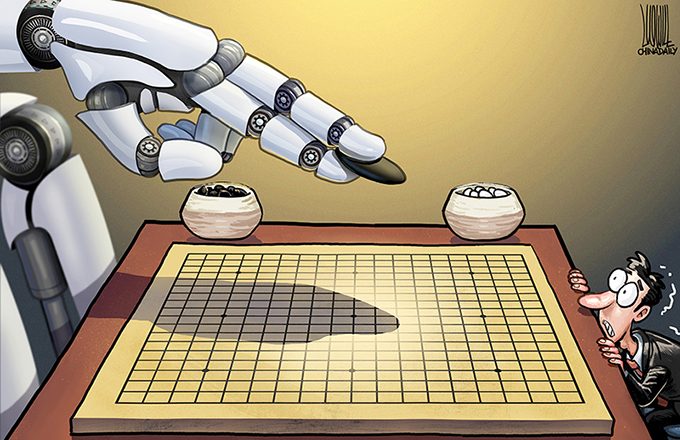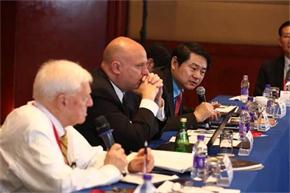A weak currency for Japan is not the full answer
The Tokyo stock market has declined by 15.14 percent over the last eight trading days, but does this reflect a failure in Prime Minister Shinzo Abe's economic policy, asks an article in Beijing News (excerpts below).
Generally, the economic fundamentals do not change over a period of 10 days or so.
In fact, Abe's economic policies seemed to be working well in the first quarter.
The Nikkei 225 has surged by 27.58 percent since the beginning of 2013, much higher than the Dow-Jones Average Index over the same period. Moreover, in the first quarter, Japan's real economy rose by 3.5 percent, higher than the average quarter growth of 2.13 percent since 1980.
So, overall the policies seem to be working. But the recent fall does reflect growing concern that the Japanese economy is facing challenges that have not gone away, especially concerning exports.
There is also a growing feeling that the Abe government, apart from throwing money at the market to weaken the currency, does not have a substantial policy to improve the economy. In the long run it will need more than just a weak yen to restore Japanese growth.



















